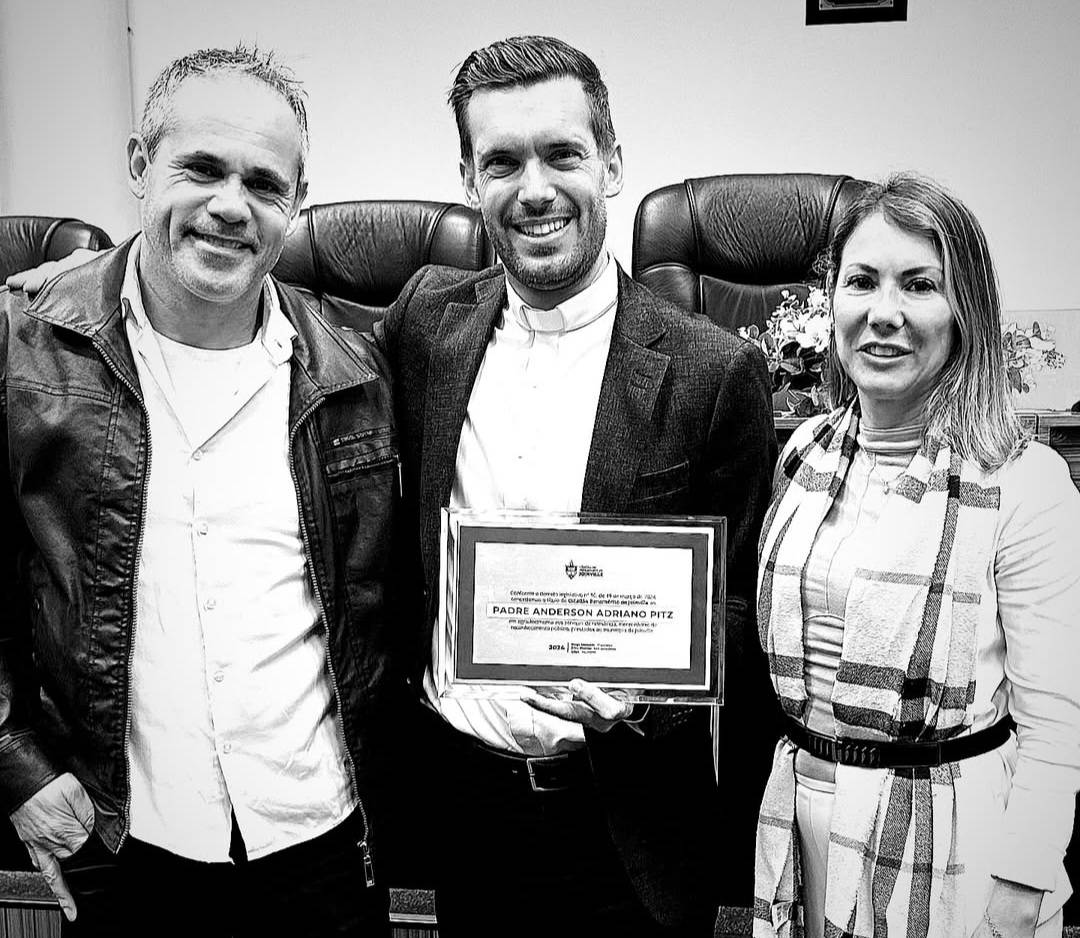WASHINGTON, D.C. — Father Sterlin Londono has been a priest for 21 years among his fellow Afro-Colombians in his home region of Choco in Colombia, which is rich in gold — but also rich in coca.
Choco also is home to Londono’s Diocese of Quibdo — and to a rebel group still trying to find its own way in the midst of a three-year-old peace process that has emphasized reconciliation between the people who work the land, the rebel groups that tried to take the land, and the government, which has a minimal presence in the region.
The work “is very enriching,” Londono said through an interpreter during a Sept. 18 interview with Catholic News Service in Washington, where he was speaking as part of an annual Washington Office on Latin America symposium on Colombia, “Protecting Peace: Progress and Challenge for the Full Implementation of the 2016 Colombia Peace Accords.”
During his presentation, he told of a FARC rebel — FARC is the Spanish acronym for Revolutionary Armed Forces of Colombia — who had taken part in a killing in the region several years ago. In 2017, a year after the peace accord was reached, the rebel returned to Colombia from Cuba, where he had been in hiding, Londono said.
“He did not know what would happen,” the priest told his audience in Spanish. “He wanted to apologize” for his role, “but what if the people rejected his apology?” Worse yet, Londono suggested, what if it were a trick and the man would have to face justice for his crime?
“The biggest surprise” the rebel had, according to Londono, was that “the people listened. They wanted to hear what he had to say. Everybody has a truth; they wanted to hear his truth.”
Despite three years of peace following armed conflict that dates back to the 1960s, Colombia has its work cut out for it. There are 8 million internally displaced people in Colombia — a figure higher than Syria or Iraq, which were ravaged by multisided civil war earlier this decade. Moreover, roughly 1.75 million Venezuelans have poured across the border into Colombia seeking relief from their own country’s political and economic turmoil.
Beyond FARC, there is a paramilitary group, the National Liberation Army, known by its Spanish acronym ELN, operating in Choco. It, too, wants to be involved in the peace process, Londono told CNS, but it has not decided what its priorities are in negotiating an accord.
In his multiple roles as pastor, advocate and mediator, Londono has observed how the treatment of past wrongs can have an impact on the present.
His region is still dealing with the consequences of a 2002 bomb blast that killed about 75 people and wounded twice as many. The dead, many of whom could not be positively identified, were buried, but later exhumed and the remains sent to Medellin, where autopsy specialists determined that some people’s remains had been inadvertently mixed in with those of others.
A more painstaking process of identification of the remains is nearly complete. Londono said he hopes the remains can be reburied in November. “The families have been grieving, and not grieving, for a long time. And the survivors,” he said, “they need a chance to complete their grief.”
Londono’s brother was himself killed in the civil war, and the priest has been subject to numerous death threats. That has not appeared to deter him in the slightest.
Both Pope Francis and the Rev. Martin Luther King Jr. inspire Londono’s work for peace and reconciliation.
The memorial to King in Washington appeared on a slide during the priest’s presentation at the symposium. Londono said he greatly admired the civil rights figure’s focus on nonviolence, and sees King’s “I Have a Dream” speech as embodying the principles of equality he wants to see embraced in Colombia.
Besides being “the first pope from Latin America,” Londono said, Francis’s theological worldview comes “from the peripheries” and from his calls for peace and justice as well as for environmental protection.
To mark his 20th anniversary in the priesthood, Londono said he was able to accompany the pope and concelebrate Mass with him when Francis visited Colombia in 2017. “It was a great thing to share the holy Eucharist with him,” he added.
Crux is dedicated to smart, wired and independent reporting on the Vatican and worldwide Catholic Church. That kind of reporting doesn’t come cheap, and we need your support. You can help Crux by giving a small amount monthly, or with a onetime gift. Please remember, Crux is a for-profit organization, so contributions are not tax-deductible.
















